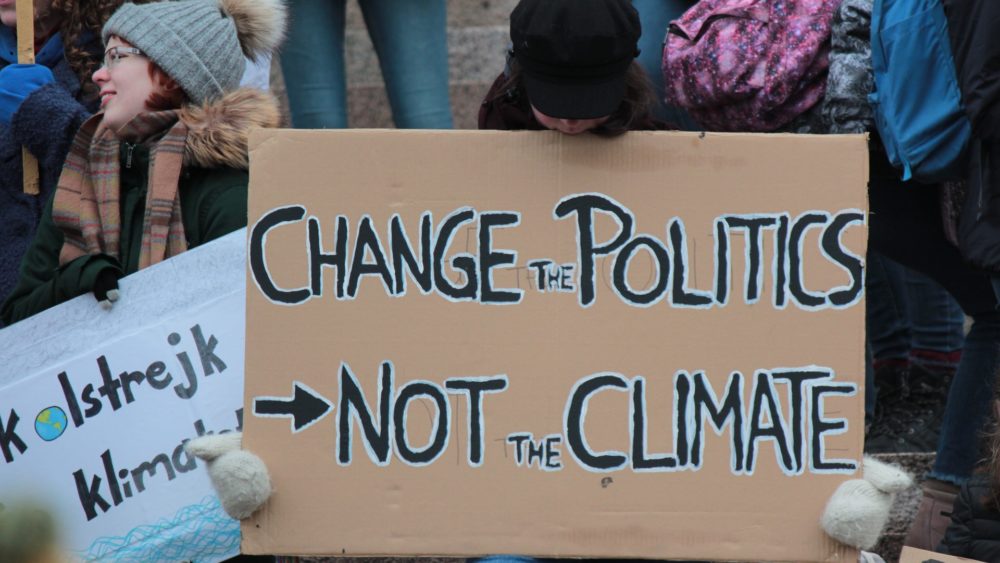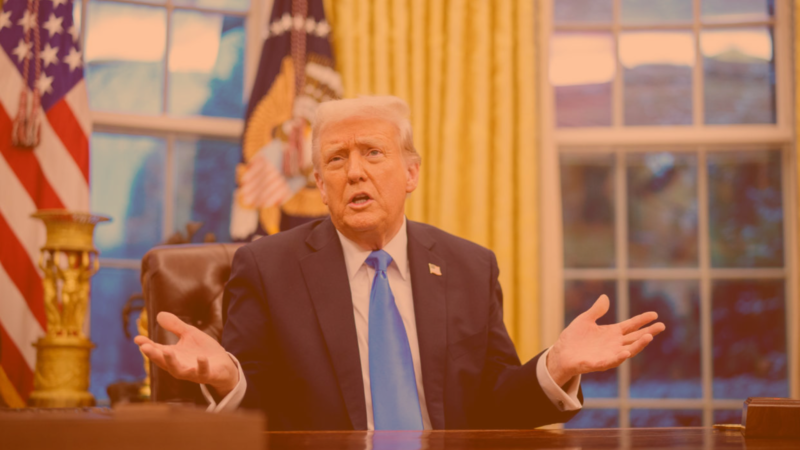The Indian historian Vijay Prashad emphasises the essential difficulty of people in imperialist countries to grasp the experience of those who suffer the diverse consequences of imperialism. I want to complement this difficulty by relating political change to emotions and football.
I could draw from the emotion of football to show how contagious politics can be to the masses. But this is not the lesson I want to draw from it.
For the past 15 years, I have engaged in discussions about social change. The need for change is easily recognised by many of those who aren’t in positions of privilege. However, this isn’t as common among people who are privileged. For the privileged few in Latin America, and the most “progressive” in the US-Europe, there is an intrinsic difficulty to grasp politics and to push for social transformation.
Sometimes reality appears to be so obliviated that it gets reduced to the perception of individuals. On the one hand, these individuals recognise that the “world” needs change, but on the other hand claim that nothing could be done because there is no real alternative. The vicious circle is completed.
This narrow view of the world comes from the notion that the individual shapes the world by himself. Western ideology has gone full-throttle towards irrationalism.
Two important aspects of reality cease to exist. First, the dialectical relation between quality and quantity. Something so crucial and basic that one can find not only in political arrangements but also in microscopic nature. Think for instance of the water molecule (H2O). Separated, hydrogen and oxygen are highly flammable, but together represent one of the most important elements of inorganic nature concerning the existence of organic nature.
Second, the difference between coordinated, collective action, and individual actions. The complexity of the former requires more than a mere agglomeration of people to determine strategy, tactics and goals. And here is where football comes into play. Social change and politics are similar to football, insofar as the division of labour is crucial for any achievement. In football, one player can be the advantage for a team, but alone he achieves nothing.
In football, eleven play against eleven. But as soon as these numbers become uneven the game changes completely (eleven against ten, or eleven against nine, etc.). Social change requires a coordinated, cooperative, collective effort in order to achieve goals, or at least to stand closer to them.
Social action requires laying down long-term strategies and suitable tactics to go through the maze of reality and its concrete ever-changing contexts. Random social acts do not constitute the transformation of the social body. Instead, they represent its opposite: a submission to purely casual relations.
This banal, simple, notion has been banned from western ideology, with the world appearing as the representation of the individual’s will. As if the best footballer in the world could alone, single handedly, by the force of his/her will, outmatch the opposing team.
Complex political action requires division of labour. Such illusion about reality increases simultaneously with the augmentation of social nihilism, which pushes social annihilation as the only rational alternative to us all.
However, knowing this is not enough. Politics is not only about information. It is not only about what is known, but also about what is understood, what one feels. Information alone does not move people. One needs to be touched in his inner soul in order to be moved, in order to move himself.
Political action needs not only reach the minds but the hearts and souls of people. Emotion is the essence of any political connection. It represents both the weakness and the strength of a people. Emotional connection can be the impulse that connects the mind with the body – and the social body – but it can also simply become a destructive force. However, emotion should not be deified, nor eluded as the quintessence of politics. It is a necessary condition, though not a sufficient one.
Since 2008, capitalist elites have been regrouping and reframing themselves through the discourse of emotions, detaching it from any real content of knowledge. Instead of taking responsibility for neoliberal policies and the financial collapse, which they profited from, they blamed immigrants, other countries and the ‘other’.
These post-modern elites resemble the elites from the beginning of the 20th century, with their continued focus on mythology. They point out the existence of real problems, acknowledging people’s pain, while simultaneously avoiding characterising their cause and, accordingly, any solution.
On the other hand, over 70 years of destruction of the anti-capitalist Left in western societies has created an immense gap between left-wing discourse and the existential conflicts endured by the masses. The western intellectual Left capitulated its social role and retreated to the realm of knowledge – artistic and academic – meanwhile leaving the path open, first, to neoliberal discourse, and, then to the extreme right-wingers, to shape people’s understanding of reality.
While the intellectual Left tried to purify itself from the “dirt” of politics, it placed itself on an unreachable pedestal, abandoned the masses to their own fates, forfeited any real emotional connection, calling it, pejoratively: populism.
However, populism is the basis of western democratic politics. The bashing of it reveals how far the Left has steered away from reality. The role of the Left should be to create mass political consciousness, to meddle in the affairs of power and to provide not only the knowledge, but also the understanding of reality.
The Left keeps neglecting the emotional connection between political praxis for change and the reality of the masses. Meanwhile, the elites reorganise themselves, creating an emotional connection with the masses through its apparatus of social control: state, education, justice, media, military, production, distribution, etc.
Photo by Tania Malréchauffé on Unsplash
Do you want to be informed of DiEM25's actions? Sign up here















